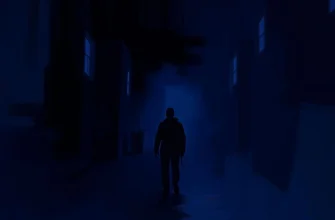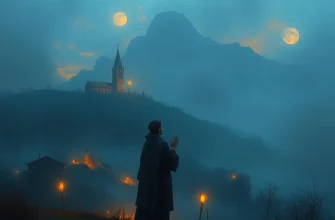Si vous avez été captivé par 'Trishna' (2011), cette adaptation moderne de 'Tess d'Urberville', vous adorerez découvrir d'autres films et séries qui explorent des thèmes similaires. Cet article vous propose 10 œuvres qui partagent la même intensité dramatique, la beauté visuelle et les récits poignants. Plongez dans des histoires d'amour tragiques, de lutte sociale et de destin inéluctable.
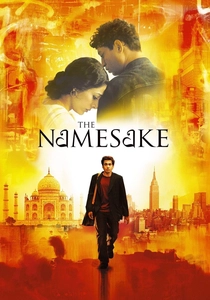
The Namesake (2006)
Description: A deeply emotional narrative about identity, cultural displacement, and family bonds.
Fait: Based on the novel by Jhumpa Lahiri, who also wrote the screenplay.
 Regarder
Regarder
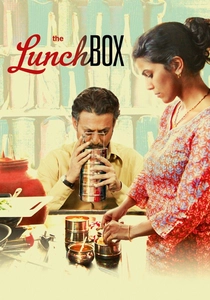
The Lunchbox (2013)
Description: A poignant tale of loneliness and unexpected connections, set against the backdrop of Mumbai's bustling life.
Fait: The film was initially rejected by several Indian producers before gaining international acclaim.
 Regarder
Regarder
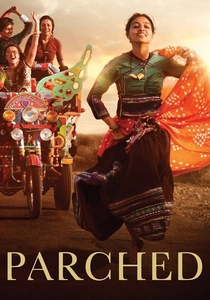
Parched (2015)
Description: Explores themes of female oppression and liberation in rural India, with a focus on personal struggles and societal constraints.
Fait: The film was shot in a real village in Rajasthan, and many of the extras were local villagers.
 Regarder
Regarder
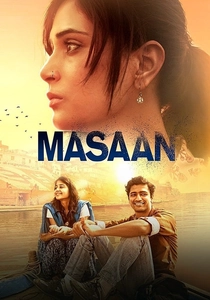
Masaan (2015)
Description: A story of love, loss, and redemption set in the holy city of Varanasi, with a strong focus on personal and societal struggles.
Fait: The film won the FIPRESCI Prize at the Cannes Film Festival.
 Regarder
Regarder

Sir (2018)
Description: A subtle and sensitive portrayal of class differences and unspoken love in contemporary Mumbai.
Fait: The film was shot in real locations in Mumbai, including the homes of the actors.
 Regarder
Regarder

Devdas (2002)
Description: A tragic love story that delves into themes of unrequited love, societal pressures, and personal downfall.
Fait: The film was India's official entry for the Academy Awards in
 30 jours gratuits
30 jours gratuits
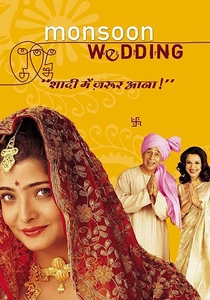
Monsoon Wedding (2001)
Description: A vibrant and emotional family drama that explores love, secrets, and cultural traditions.
Fait: The film was shot in just 30 days, with a mix of professional and non-professional actors.
 30 jours gratuits
30 jours gratuits

Piku (2015)
Description: A heartwarming and humorous take on family dynamics, aging, and the complexities of parent-child relationships.
Fait: The film's script was inspired by the director's own experiences with his father.
 30 jours gratuits
30 jours gratuits


